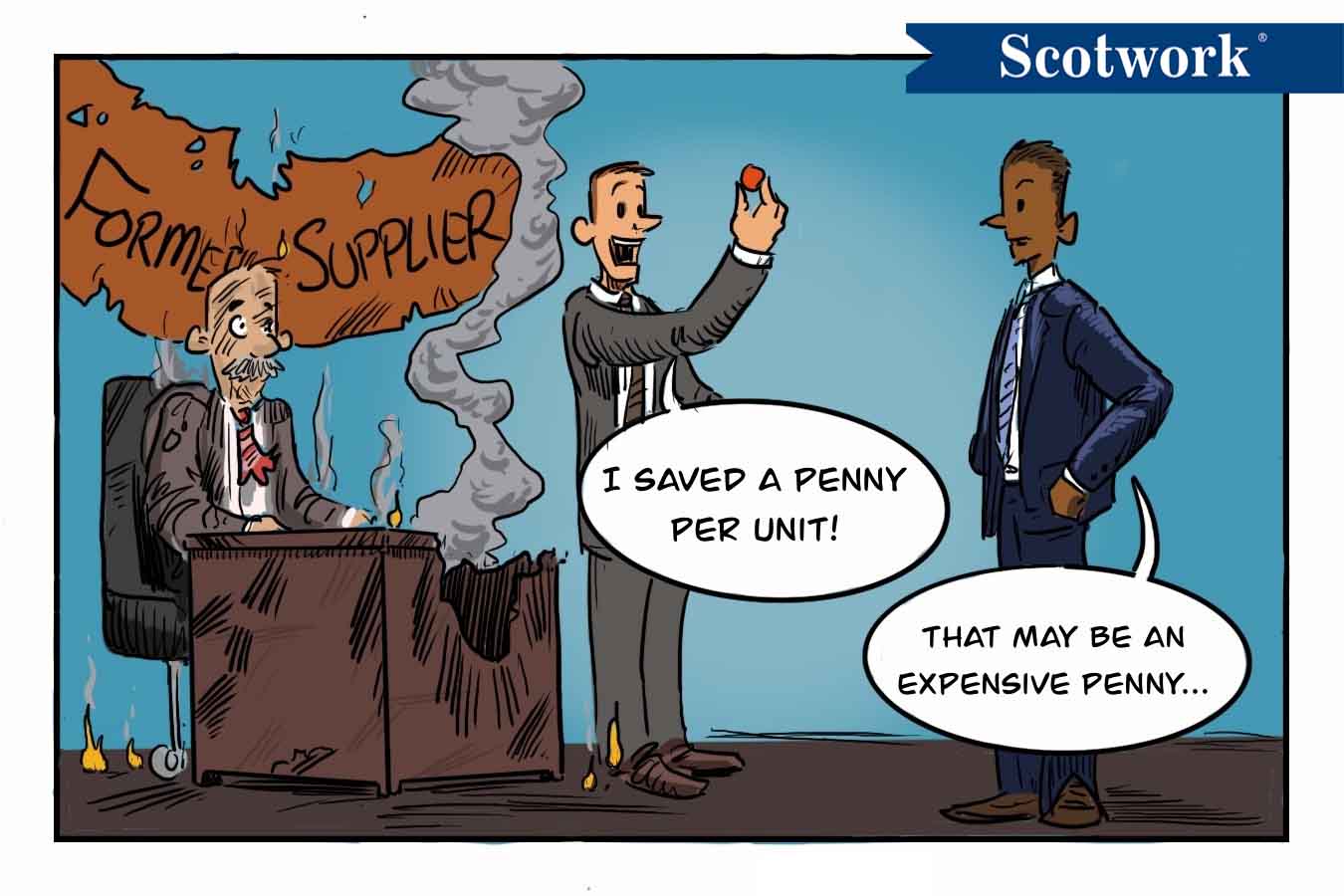When we ask clients about their objectives, they frequently respond, “We want a better deal.” I get it: The phrase rolls off the tongue, feels assertive, and suggests a sense of urgency and purpose. But what does “better” mean? Without a clear objective, negotiators operate in the dark, where they rely on instinct or aggression and are at risk of damaging relationships, undermining internal alignment, and being taken advantage of.
The current discourse around tariffs brings this into sharp relief. A tariff is often employed as leverage to extract a “better” outcome from a trading partner. But without a precise definition, “better” becomes subjective. The ambiguity not only makes the negotiation more challenging, but it also creates confusion internally. How can a team rally around a vague notion? The answer is simple: they can’t.
Years ago, I experienced firsthand the pitfalls of vague objectives. In the mid-’90s, desktop computers were entering mass retail, and I worked for a major manufacturer leading the charge. I had a scheduled meeting with an executive known for his aggressive negotiating style. As I approached his office, I heard shouting through the closed door: “No! No! No!” punctuated by the thud of his fist pounding the desk. “Two, not three… NO! It must be two… Fine… Deal.”
Once inside the office, I could see he was red-faced and breathing heavily. I began our meeting cautiously, asking, “What was that about?”
“I just finalized a great deal.”
Curious, I pressed further: “What’s the deal?”
He shrugged dismissively, admitting, “I don’t know, but we got it one cent cheaper!”
At face value, that sounded like a victory. Less expense, after all, seems beneficial. But here’s the hidden cost: His definition of success was “less,” so he sacrificed any opportunity to explore other ways to add value to his deal beyond just getting it for “less.” Who knows what else he might have gained had he defined clearer goals beyond merely shaving off a penny?
Moreover, stubborn, aggressive behavior threatens relationships. In business, and especially negotiations, relationships are assets, not disposable commodities. Aggression may win a battle but often loses the war as it costs trust, respect, and mutual benefit. Relationships are damaged, collaboration becomes difficult, future deals suffer as partners brace themselves for another hostile round of bargaining.
Negotiation isn’t solely about getting less or paying fewer cents. It’s about creating sustainable, mutually beneficial outcomes that everyone can support. Having clearly defined objectives enables negotiators to be strategic, thoughtful, and adaptable. Clear objectives help them measure progress, rally support internally, and encourage creativity at the table. They also allow frank conversation when a negotiation is going off-track.
So, what’s wrong with wanting “a better deal”? Nothing — provided you clearly define what “better” means. Negotiations succeed not when they’re reduced to winning pennies but when they open the door to comprehensive, creative, and sustainable solutions. Aim for clarity first; the better deal will naturally follow.
We Can Help You Define Your Goals for a Deal Everyone Supports.
Want a “better deal”? Rely on Scotwork’s 50 years of experience to help you define precisely what that means — and to get it.

